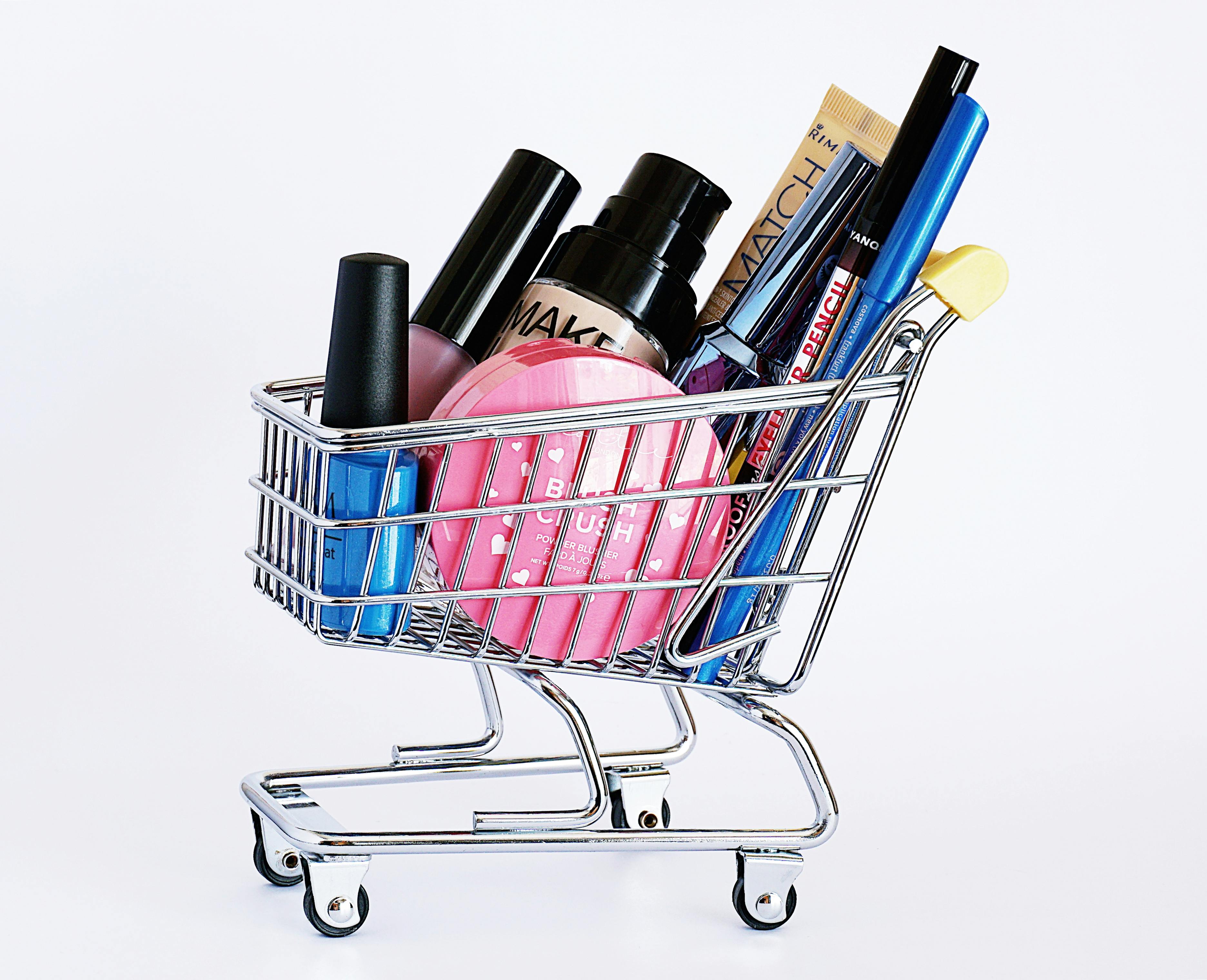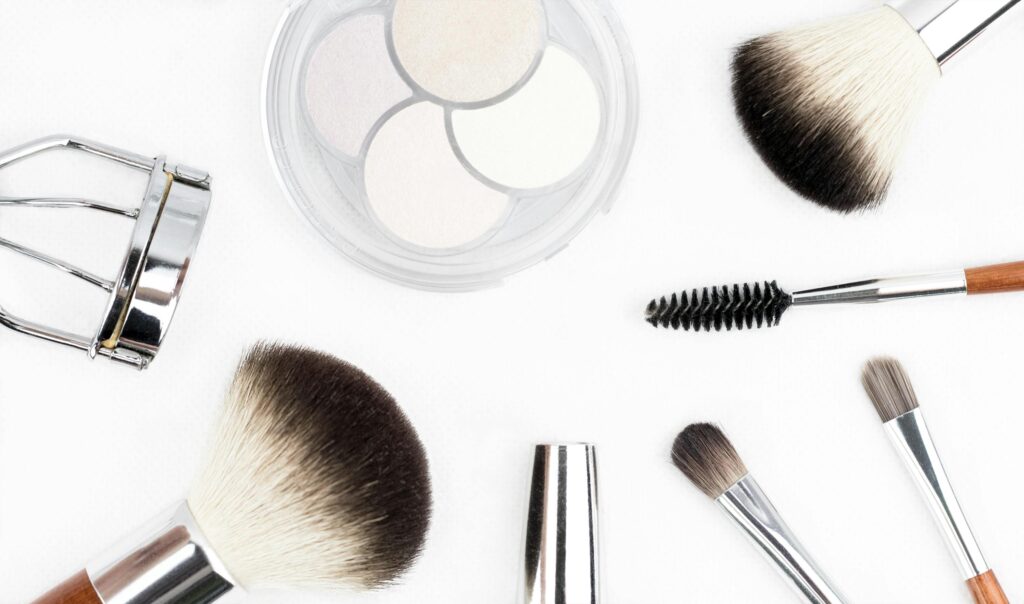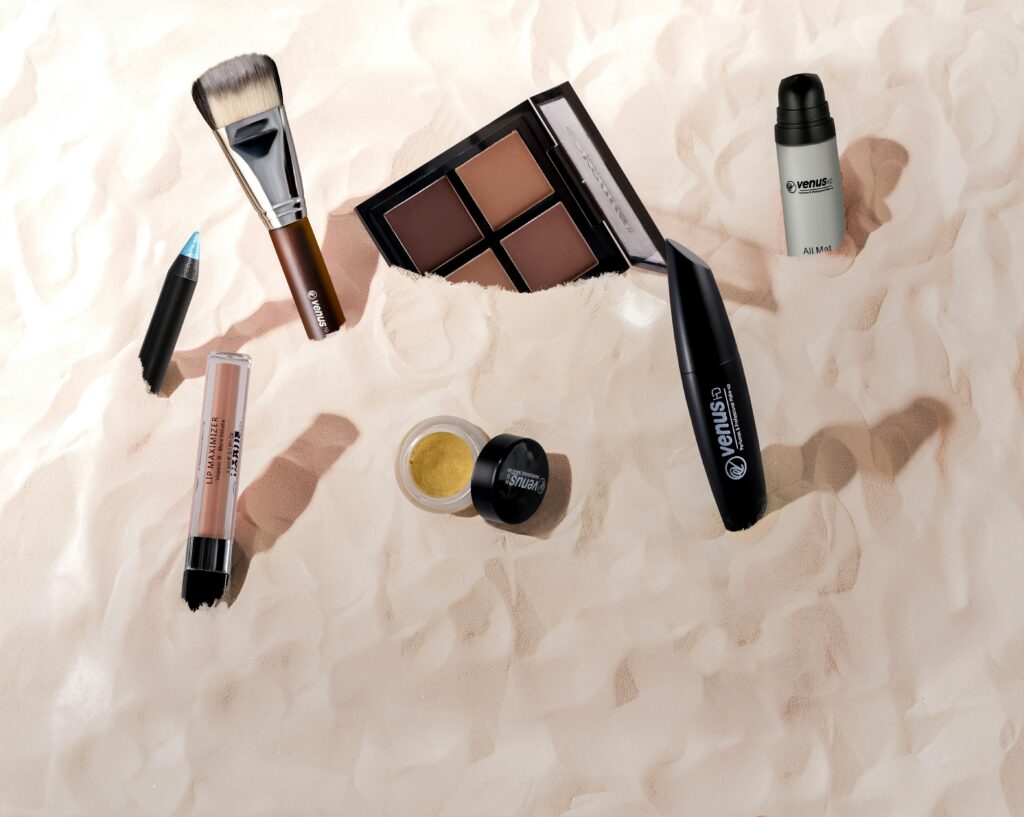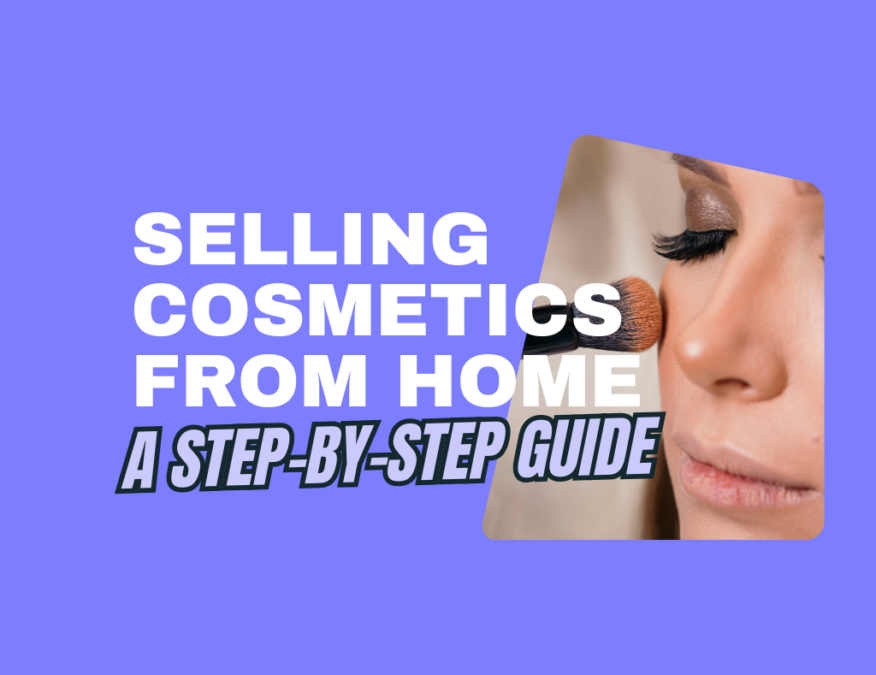Introduction: The Appeal of Selling Cosmetics from Home
The beauty industry is booming, and with the rise of e-commerce, selling cosmetics from home has never been easier. Whether you’re an aspiring entrepreneur or simply looking to turn your passion for beauty into a profitable venture, starting a home-based cosmetics business can offer flexibility, creative freedom, and a lucrative income. In this guide, we’ll walk you through everything you need to know about selling cosmetics from home, from understanding the legalities to marketing your products and growing your brand.
Why Selling Cosmetics from Home Is a Great Idea
Starting a cosmetics business from home offers several benefits that can make it an attractive option for entrepreneurs:
- Low Startup Costs: Unlike traditional brick-and-mortar businesses, selling cosmetics from home eliminates the need for a physical storefront, saving you money on rent, utilities, and other overhead costs.
- Flexible Schedule: As a home-based business owner, you have control over your working hours, allowing you to work around other commitments, such as family or a full-time job.
- Growing Demand: The global cosmetics market is expanding rapidly, with consumers increasingly seeking personalized, high-quality products. Many people are turning to independent sellers for unique, niche beauty items that mass-market brands don’t offer.
- E-Commerce Potential: With the rise of online shopping, selling cosmetics from home allows you to reach customers across the globe. You can sell through e-commerce platforms like Etsy, Amazon, or your own website, allowing you to scale your business at your own pace.

Step 1: Understand the Legal Requirements of Selling Cosmetics from Home
Before you dive into selling cosmetics from home, it’s crucial to understand the legal requirements to avoid potential issues down the road. While cosmetics are not as heavily regulated as drugs, there are still rules that govern their sale.
1.1 Register Your Business
The first step in selling cosmetics from home is to register your business. This could involve registering a DBA (Doing Business As) name or establishing a formal business entity such as an LLC. This process depends on your local and state laws, so be sure to check with your local business regulatory body.
1.2 FDA Regulations
Cosmetics sold in the U.S. are regulated by the U.S. Food and Drug Administration (FDA), although the FDA doesn’t require pre-market approval for most cosmetics. That said, you must ensure your products are safe for use and properly labeled. Additionally, you should avoid marketing your cosmetics as having medicinal benefits (like curing acne or hair loss), as this could classify your products as drugs.
1.3 Licenses and Permits
Depending on where you live, selling cosmetics from home may require certain licenses or permits. These can include a business license, a home occupation permit (if you’re working from your home), or a seller’s permit. Check your local regulations to make sure you’re in compliance.
1.4 Liability Insurance
It’s also a good idea to get liability insurance for your business. This can protect you in case of customer complaints or lawsuits related to product safety or misuse. Even though cosmetics are generally considered safe, issues can arise, and insurance will offer peace of mind.

Step 2: Choose the Right Cosmetics to Sell
When selling cosmetics from home, choosing the right products to offer is critical. You’ll want to select cosmetics that are in demand, align with your personal brand, and meet a specific customer need. Here are some ideas:
2.1 Skincare Products
Skincare is a major part of the beauty industry. You can create your own skincare line that includes products like moisturizers, serums, exfoliants, and facial masks. Focus on quality ingredients, and consider catering to a specific skin type or concern (e.g., acne, dry skin, or anti-aging).
2.2 Makeup
If you’re more interested in color cosmetics, makeup products like lipsticks, eyeshadows, blushes, and foundations are always popular. You can choose to sell a small line of high-quality products or expand into a full makeup line with various shades and formulations.
2.3 Hair Care
Hair care products, such as shampoos, conditioners, and hair masks, are in high demand. If you have a passion for hair health or styling, consider adding these products to your catalog.
2.4 Specialty Cosmetics
If you’re interested in a niche market, think about creating products like organic or vegan cosmetics, eco-friendly packaging, or products for specific customer needs, such as sensitive skin or fragrance-free options.
Step 3: Create a Brand Identity for Your Cosmetics Business
Branding is essential when selling cosmetics from home. A strong brand identity will help you differentiate your products from competitors and create a loyal customer base. Here’s how to build your brand:
3.1 Choose a Business Name
Your business name should reflect your cosmetics brand and be easy to remember. It’s important to ensure that your name isn’t already in use by another business. Use online tools to check for trademark availability and domain name availability.
3.2 Design Your Logo and Packaging
Your logo and packaging will play a crucial role in your brand’s image. Hire a professional designer or use tools like Canva to create an appealing logo. For packaging, make sure it aligns with your brand’s values—eco-friendly packaging is a growing trend, for example.
3.3 Develop a Unique Selling Proposition (USP)
Your USP is what makes your products stand out in the marketplace. Are your cosmetics organic? Cruelty-free? Do they contain special ingredients that offer unique benefits? Clearly define your USP and communicate it through your marketing materials.

Step 4: Set Up Your Sales Platform
Once you’ve decided what you’ll sell and have developed your branding, it’s time to set up an online store. Here are some options for selling cosmetics from home:
4.1 Sell on E-Commerce Platforms
Selling cosmetics on platforms like Etsy, Amazon, or eBay is a great way to reach a wide audience without building a website from scratch. These platforms handle payment processing, and they already have built-in traffic, which can help you get sales faster.
4.2 Build Your Own Website
If you want more control over your brand, consider building your own e-commerce website using platforms like Shopify, Wix, or WooCommerce. These platforms offer tools that allow you to manage your product listings, payments, and shipping all in one place. A personalized website will also help build customer trust and brand recognition.
4.3 Leverage Social Media for Direct Sales
Social media platforms like Instagram and Facebook are great for selling cosmetics from home. You can set up a shop on Instagram or Facebook and link directly to your product listings. Use these platforms to share beauty tutorials, customer reviews, and promotions to engage your audience and drive sales.

Step 5: Market Your Cosmetics Business
Now that your products are ready to be sold, it’s time to market them to your target audience. Here are some tips to effectively promote your home-based cosmetics business:
5.1 Utilize Social Media
Social media is one of the most effective tools for selling cosmetics from home. Share before-and-after photos, customer reviews, tutorials, and behind-the-scenes content to engage your followers. Consider running ads on Facebook or Instagram to target a larger audience.
5.2 Offer Discounts and Promotions
Offering time-limited promotions or discounts is a great way to entice customers and boost sales. Consider offering a discount for first-time buyers, bundle deals, or limited-edition products to create urgency and excitement.
5.3 Collaborate with Influencers
Partnering with beauty influencers can help you reach a wider audience. Look for influencers who align with your brand and have a following that would be interested in your products. Influencers can provide reviews, testimonials, or unboxing videos that will help build trust and visibility.
5.4 Create Valuable Content
Create content that adds value to your audience’s lives, such as skincare tips, makeup tutorials, or beauty hacks. This will position you as an expert in the field and drive organic traffic to your website or social media.

Step 6: Scale Your Business and Expand Your Product Line
Once you have a steady stream of customers and consistent sales, it’s time to scale your selling cosmetics from home business. This can involve expanding your product line, exploring new marketing channels, or hiring additional help. Consider adding new product categories or offering seasonal collections to keep your offerings fresh and exciting.
Conclusion: Starting a Successful Cosmetics Business from Home
Selling cosmetics from home can be a highly rewarding business venture if done right. By following these steps, understanding the legal requirements, and marketing effectively, you can turn your passion for beauty into a thriving online business. With the right approach, dedication, and a clear vision, your home-based cosmetics business has the potential to grow and succeed in today’s competitive market.
Ready to Start Selling Cosmetics from Home?
If you’re ready to take the leap and start selling cosmetics from home, platforms like EpicSellr can help you get your business up and running quickly. EpicSellr offers easy-to-use tools that let you create an online store, manage inventory, accept payments, and start selling within minutes. With EpicSellr, you can focus on what you love—creating and selling high-quality cosmetics—while the platform handles the technical side.
Start your free trial with EpicSellr today, and begin selling and making money from the comfort of your home!
👉 Create your free account on EpicSellr and launch your online side hustle today.
💬 Have questions? Feel free to contact me anytime—I’m here to help you get started and succeed.


